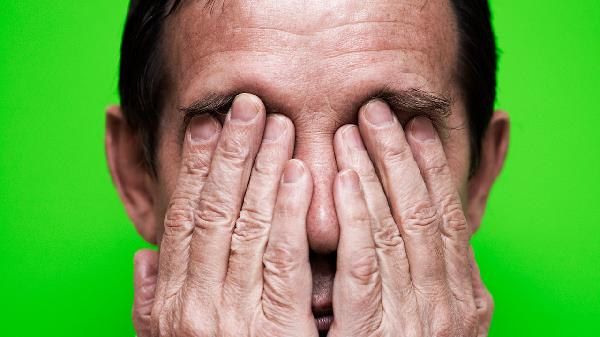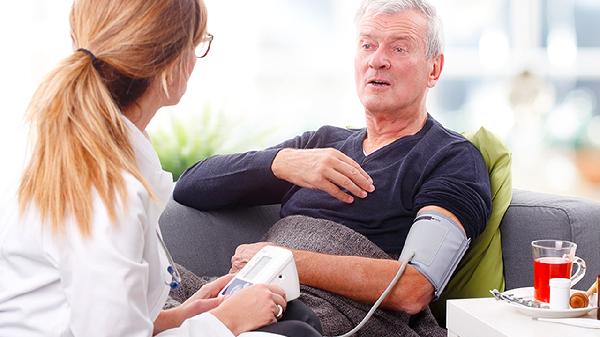Mild subconscious head shaking can have many causes. If accompanied by difficulty walking and muscle stiffness, the possibility of essential tremor is generally considered, which is usually related to cell biology. The progression is generally slow, and the symptoms are relatively mild. If it does not affect daily life, there is no need for treatment. In the early stages of Parkinson's disease, mild subconscious head shaking may occur. As the condition progresses, slow walking and stiff limbs may appear. The actual cause should be checked by a neurologist at a regular hospital.
What are the reasons for mild subconscious head shaking at the age of 50?
Some people may experience mild subconscious head shaking after the age of 50, which can have a significant psychological impact, leading them to wonder why this head shaking occurs. Sometimes, when focusing too intently during conversations, patients may exhibit mild head shaking. Other times, poor sleep can lead to difficulty concentrating the next day, resulting in head shaking, anxiety, and hand tremors. This is often accompanied by symptoms of autonomic nervous system dysfunction, such as sweating, irritability, anxiety, paranoia, and fatigue, which further exacerbate nervous tension and, in turn, worsen the subconscious head shaking.
These symptoms usually require a brain MRI at the hospital. After ruling out organic brain diseases, these cases are generally considered functional disorders, which usually do not have significant adverse effects on the body. However, some may be early signs of Parkinson's disease. As Parkinson's progresses, symptoms such as tremors, rigidity, and abnormal posture may appear, so it is important to differentiate between them.
If the patient experiences subconscious tremors while at rest, it is considered to be caused by Parkinson's disease. Parkinson's is a disease of the brain's substance, and patients may exhibit resting tremors, muscle rigidity, and movement disorders. Patients can undergo a CT scan at the hospital for a definitive diagnosis.
If there is involuntary head shaking, it is important to consider whether there is damage to the cranial nerves or whether it could be a symptom of Parkinson's disease. It is recommended to go to the hospital for a head CT scan to determine if there is a brain condition causing the aforementioned symptoms.
























